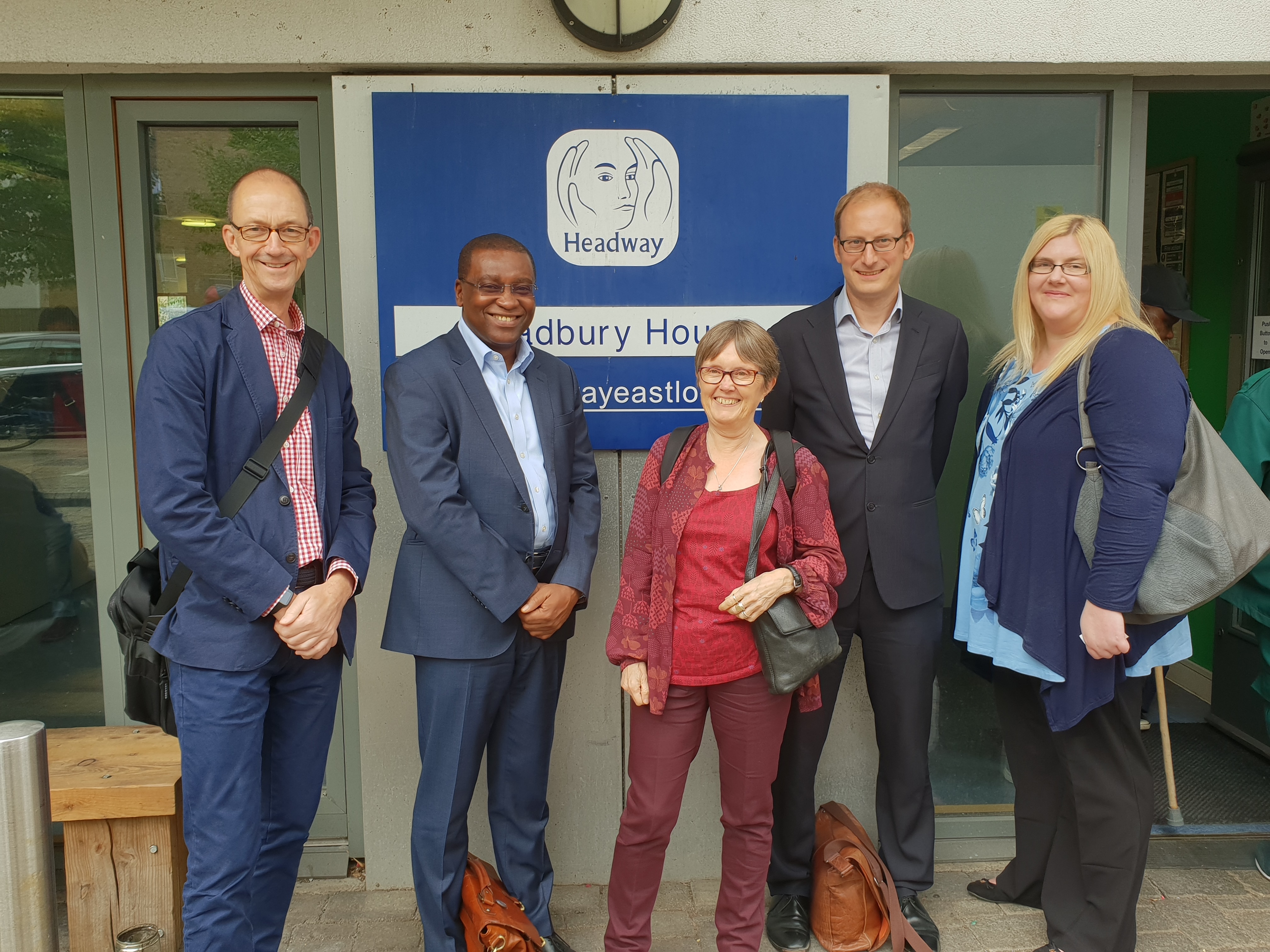Good public services are co-designed with people who use them and people who provide them. That way, at best, the design meets the needs and aspirations of the public - and leads to something feasible to deliver.
Disabled people have a particularly big stake in the social security system. At SSAC we have recently met with people living with brain injury, people living with mental health challenges, disabled people more widely and disability organisations – because we want all our advice to Ministers on social security to be rooted in what disabled people (amongst others) think would make the service work well.
Our role is to advise Government on draft regulations and the specifics of how social security is delivered (not on the overall policy, which gets decided by Parliament). The specifics matter to people’s lives. For instance, SSAC advised Government not to introduce ‘waiting days’ for Universal Credit, because they would leave people without income for an additional week. Although Government did not accept our advice immediately, ultimately, when it was clear that others strongly supported our view, Government got rid of the waiting days.

Some of our discussions with disabled people have been about current Government proposals for people ‘migrating’ from existing benefits (like ESA, JSA or tax credits) on to Universal Credit - and we have recently sent our advice on that to the Secretary of State, who will publish it alongside the Government’s response and the regulations, with any changes made on the basis of our advice.
But people also talked to us about how the social security system works for them and how it could work better. Several themes emerged.
Firstly, staff attitudes matter. One person told us that the first person she encountered at DWP was really helpful and empathised with what she was going through (having an injury and being newly out of work). This made a huge difference to how she felt: she came out feeling encouraged that her life was not over, that someone was listening, that there might be ways forward. But the next staff member she met left her feeling as though she was under suspicion of faking the extent of her impairment. The word she used was ‘humiliated’. Others we talked with echoed this feeling.
Some of this feeling may be about the way benefit assessments are designed to gauge the extent of functional limitations. Some people told us that in order to show that you need support, it is necessary to emphasise how bad your impairment is, on your bad days – which can feel very dispiriting. But if instead you stress everything you are doing to try to stay active it can seem to undermine your case for support: the fear is you will not be seen as ‘needy’ enough.
When disabled people developed the concept of ‘independent living’ the key was that to live independent and fulfilling lives, you often need support. Without that support (for instance, in the form of Personal Independence Payment for traveling, or social care to fund personal assistants), independent living becomes impossible: you may no longer be able to go out, see family and friends, or get to college or work. A strong grounding in these principles of independent living, we were advised, could help spread the good experiences that some disabled people had had with DWP to the system more broadly.
A second theme was recognition of difference. As one person put it to us ‘I sometimes feel like shaving my head so people can see my scar – that way they may understand that I do have an impairment’. It is easier for work coaches to understand the impact of highly visible impairments than less obvious experiences like brain injury or mental health conditions. People suggested that some form of specialisation might help – so that, for instance, a work coach or Disability Employment Advisor could consult with a specialist in brain injury (or other conditions), perhaps at regional levels – where those specialists would liaise with organisations led by people with that particular lived experience.
Our recent consultation on Universal Credit received a record number of responses, many from individual disabled people, as well as disability organisations. These helped us formulate our advice to Government. And we look forward to further visits and meetings with disabled people in the future.
Many thanks to Headway, Disability Rights UK, Mind and the Disability Benefits Consortium for hosting our recent visits; and to everyone who took the time to respond to our recent consultation.